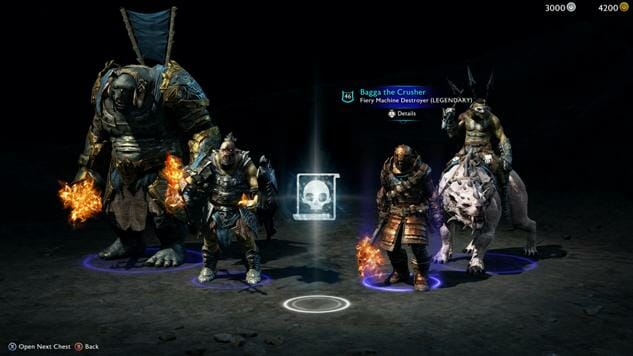Loot Boxes Are More Proof that the Economics of Videogames Are Broken

Videogames might pull in tens of billions of dollars a year, but for the people who make those games, it’s an incredibly unstable industry. Employees are routinely laid off as soon as one project ends, publisher-owned studios with long track records of success are often shut down after a single failure, and independent studios only survive as long as they have projects lined up. High-end would-be blockbusters cost more than ever to make, burning into the hundreds of millions of dollars due to the huge expense (in dollars and work hours) of cutting-edge graphics. Games like that can sell several million copies and still come far from ever breaking even due to their extreme budgets and unrealistic sales expectations.
Meanwhile, as those production costs rise, the retail price of games has stayed stagnant for over a decade. On top of that, a hype cycle that heavily encourages first-week sales, combined with almost two decades of retailers like GameStop heavily pushing preorders and used games, have created a situation where publishers regularly have to slash prices within a few weeks of release. Games cost more to make than ever, have a shorter window to recoup that investment at sticker price, and the workers who make them bear the brunt of the punishment in the form of severe job instability. It’s a system that makes no sense.
Enter the loot box. This increasingly common mechanic randomly awards players with crucial gear and in-game perks based on their accomplishments—or for a microtransaction involving real-world currency. That means you pay real dollars for virtual items. It’s become a source of controversy for the new game Middle-earth: Shadow of War, as some early reviews claimed the game’s final act was essentially unbeatable without paying for loot boxes. Other writers have since disputed that, including Patricia Hernandez at Kotaku and Leif Johnson at Rock Paper Shotgun, but the initial charges struck a chord with a fed-up audience and kicked off a discussion about loot boxes and other pay-to-play schemes that’s still ongoing today.
As a player, I’m not a fan of loot boxes. I prefer when games give me everything I need to succeed during my regular play-through, like in the Metroid or Zelda games, rather than making me feel like I’m playing the slots for a slightly stronger sword or laser, or whatever. And I’ve never felt tempted to spend real money for something that I could eventually accomplish for free after enough time. Loot boxes feel predatory and manipulative, and I’ve never understood the appeal.
When viewed within the larger framework of the industry, though, and the significant hurdles to profitability, the appeal of loot boxes for publishers and designers makes a lot of sense. Rami Ismail of the studio Vlambeer, the developers of Luftrausers and Ridiculous Fishing, pointed this out on Twitter earlier today:
